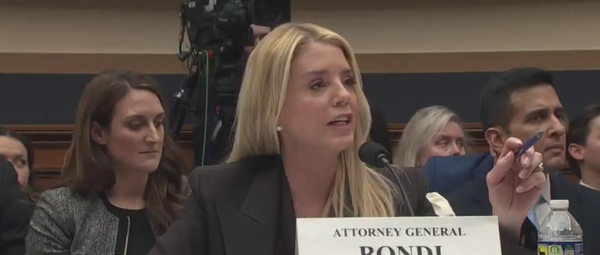No, Biden Did Not Make a Comeback
His South Carolina victory was predictable.

You’ve heard by now that Joe Biden made a comeback over the weekend. The Wall Street Journal, the Washington Post, CNN, Reuters, USA Today, Fox News—all the big media went with headlines over the last 24 hours using a variation of “comeback.”
Wrong, all of them.
The former vice president did not come back because he had not gone anywhere from which to return. Biden was always the favorite of the Democratic Party’s base. The Democratic Party’s base is black. That black Democrats in South Carolina voted for Biden was predictable. That it was predictable means no one should be surprised.
And yet here we are, talking about Biden as if gee golly he rose from the dead.
The freak-out over Bernie Sanders was premature.
Fact: delegates are all that matter. They matter more than “winning” or “losing” states. Sanders has 58. Biden has 54. Pete Buttigieg has 26 (which will probably go to Biden now that Hizzoner has dropped out). Elizabeth Warren and Amy Klobuchar have eight and seven, respectively. A candidate needs nearly 2,000 delegates to win the nomination.
Which is to say, all commentary hyperventilating about Sanders has been premature at least. We already knew Sanders was going to perform in caucuses (Iowa and Nevada). We already knew he was going to perform in state parties without sizable minority populations (Iowa, New Hampshire, Nevada). We already knew he has struggled to gain traction among Democrats of color. In short, everything is going as expected.
That everything is going as expected, however, makes for boring copy. If the campaign press corps has a bias, it is against tedium. No self-interested reporter wants to spend days on end on the campaign trail chasing down outcomes informed people can foresee. She looks for ways to heighten drama, deepen uncertainty and tell a story.
Storytelling didn’t used to dominate. There was a time when news-gathering prevailed. Since Teddy White’s The Making of the President (1960), however, and since creative writing workshops churned out more writers than there are teaching jobs and book contracts to employ them, storytelling has become an indisputable good. The Times’ Dean Baquet once said presidential campaigns can’t be understood without it.
That’s wrong. What’s more, that’s dangerous. The campaign press corps isn’t telling a story so much as it is inventing one that satisfies its desire for drama, conflict, tension, uncertainty, etc. As I wrote last month, talking about something in the absence of something actually creates something. Reporters claim to be reporting what they find in the field. Often, however, they end up fabricating it, and injuring the citizenry.
That might otherwise be benign, but it can be destructive. Consider that some pundits, evidently in good faith, are calling on the former vice president to drop out of the race. After all, they say, he came in fourth in Iowa, fourth in New Hampshire.
Biden is not going to drop, nor should he. But he does feel the effect of all the talk of Sanders’ imaginary momentum. His numbers are sliding, even in South Carolina. This is in spite of the fact that South Carolina and other diverse states would, if they came earlier, virtually guarantee Biden’s bid to be Donald Trump’s Democratic challenger.
(Biden’s numbers didn’t slide that much, apparently.)
While reporters talk excitedly about Biden winning his first primary in decades of trying, an important fact is underappreciated. Yes, Biden won South Carolina. He won by a huge margin among black voters—61 percent to Sanders’ 17. But there’s more.
Around 528,000 South Carolinians turned out in the 2020 Democratic primary, a remarkable show of voter engagement compared to four years ago. Former vice president Joe Biden ran up his totals in black communities but also won areas dominated by groups he has struggled to connect with, notably white and higher income voters. These areas showed some of the largest turnout increases in the state. Overall, South Carolina’s vote total was a massive increase over the 373,000 turnout for 2016 and nearly matched the votes cast in Obama’s 2008 primary win. (My italics.)
It’s no surprise that Biden won. That his victory came close to Obama’s?
Holy moly!
—John Stoehr




